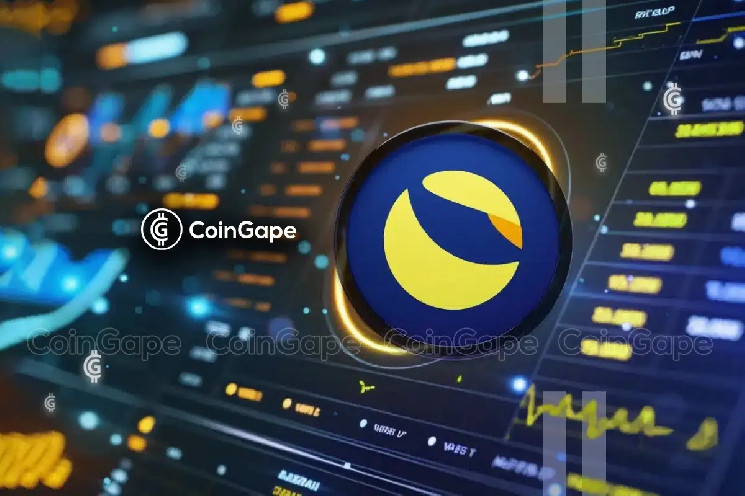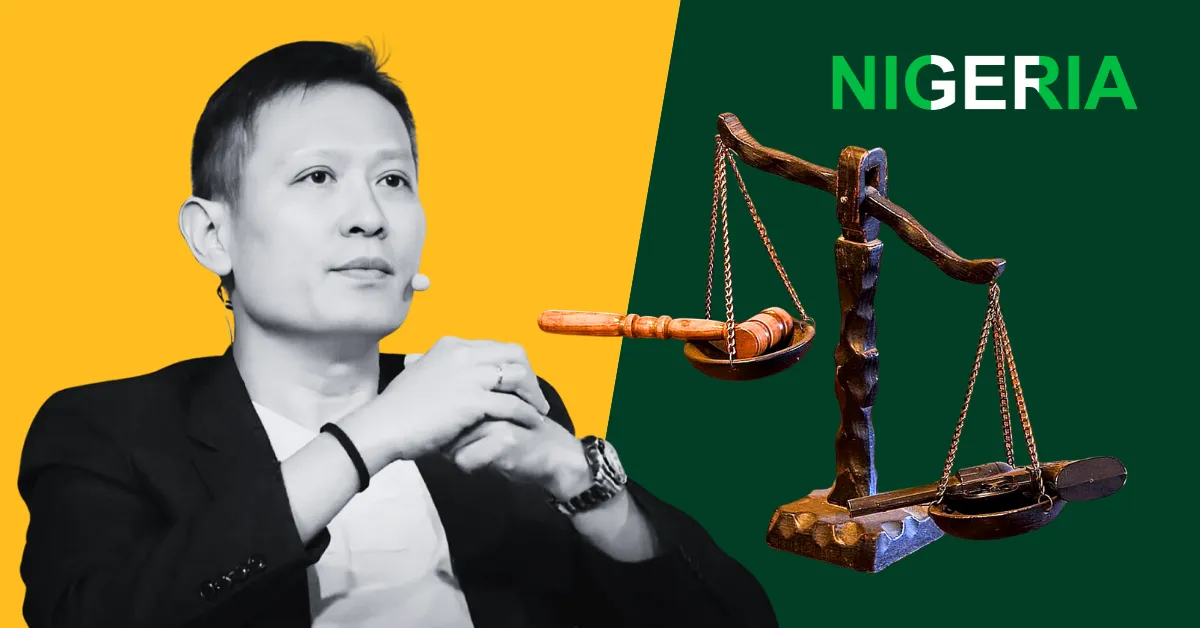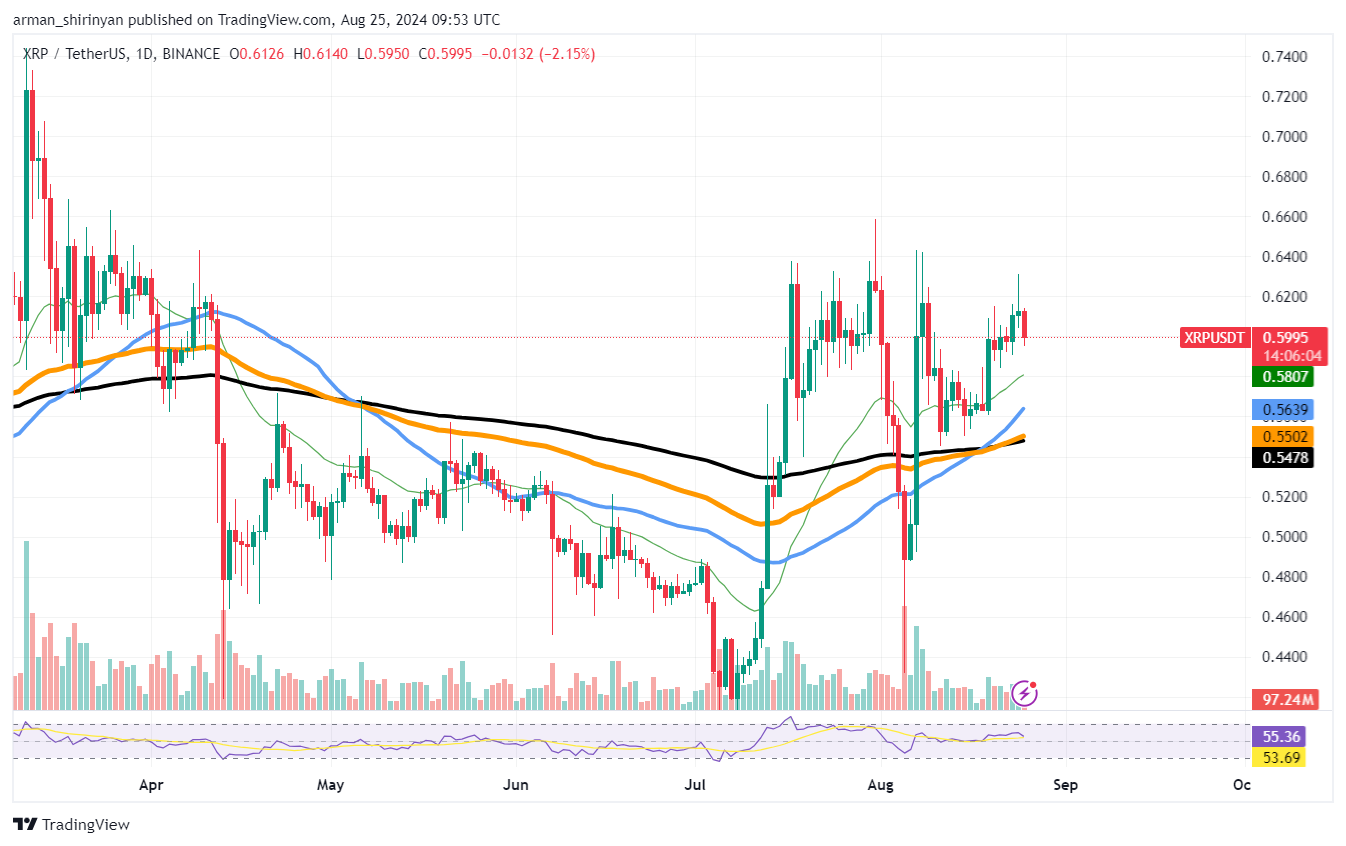Two years have passed since Dubai unveiled its initiative in the digital asset sector – the establishment of the Dubai Virtual Assets Regulatory Authority (VARA), the world’s first regulator dedicated exclusively to virtual assets.
Recently, I had the privilege of sitting down with Deepa Raja Carbon, the Managing Director and Vice Chairperson at VARA, who led the establishment initiative. Our conversation focused on evaluating the steps taken by VARA in regards to the digital assets space, critiquing the effectiveness of the current regulatory landscape, and strategizing the best path forward for crypto businesses aiming to secure their regulatory licenses in 2024.
It was one of those rare occasions where I found myself leveling with regulators in sympathy and understanding instead of beating the battle drum, which is more or less what I’ve done for the twenty odd years of my legal career.
The conversation also reminded me that Dubai’s ambition to be the front runner should not be taken lightly. The agility and innovation displayed by the Dubai government in navigating the virtual assets domain are indeed commendable and have set a benchmark that is yet to be matched globally.
The Genesis Of VARA
The Dubai D33 Economic Agenda is the Emirate’s initiative to effectively double the size of Dubai’s economy by 2033, and in doing so consolidating its position among the top global cities for business. This is where VARA aims to play a pivotal role.
Speaking with Carbon, I inquired as to how the regulatory body was initiated and how it went about the task of being among the first dedicated virtual asset regulators. Here’s how it all started:
“Being one of the first economies to fully reopen post-pandemic in 2020, Dubai was already evaluating strategies to future-proof its largely service-based traditional economy. As a super-regional hub facilitating cross-border trade, the inherent challenges posed by unforeseeable constraints on the physical movement of people and products also highlighted the latent opportunity to supplement the base with a more diversified knowledge economy.”
Continuing the conversation, Carbon explained how these strategies were integrated into broader economic plans, specifically the Dubai 2033 Agenda:
“Much of this is encapsulated in the Dubai D33 Agenda, which focuses particularly on new economy verticals operating at the intersection of technology and finance, allowing us to envision an exponential future—one that is more democratized, participatory, and secure. The natural progression was to create an ecosystem encompassing Web3, the metaverse, blockchain, and AI, with virtual assets serving as the connecting fabric.”
Further exploring the expected outcomes of these initiatives, Carbon shared insights into the economic impact anticipated from embracing digital transformation:
“With an estimated new economic value from digital transformation of AED 100 billion annually, this next phase of Dubai’s evolution expects to pioneer and sustain the growth of an economy based on knowledge, innovation, and future technologies. This will be achieved by providing the infrastructural and regulatory building blocks needed to attract these industries, with cross-stakeholder education being a key enabler for safe adoption.”
The VARA Regulatory Initiative
The VARA rulebook was created to establish proactive guidelines for virtual asset operators, essentially providing house rules for companies to carry out Virtual Asset activities in Dubai.
As we discussed the past two years under VARA, during which seventeen virtual asset service providers successfully obtained regulatory approval, Carbon emphasized the importance of achieving consensus from relevant top-tier global jurisdictions to facilitate seamless cross-border operations. The licensing structure has been well received, with tier-one brands from across the global ecosystem—from native crypto to traditional finance—choosing to operate within VARA’s regime. Given these developments, I inquired about how VARA managed to bring these firms to the negotiating table.
In her response, Carbon underlined that being nimble, listening to the various stakeholders and keeping abreast with industry developments was central to this relative success:
“Given that virtual assets as an independent sector is fairly new, and that there wasn’t much to replicate or build on as the regulatory ecosystem remains formative – we had a fairly blank sheet to define guardrails. We certainly had some good examples of mistakes to avoid, and an appreciation for the debilitating economic repercussions of regulations designed for prohibition.
VARA’s guiding principle has been to define very finite and non-negotiable boundaries on aspects like consumer protection, market security and cross-border risk transference. And to remain principles-based on all other rules so that we remain technology- and sector-agnostic. This allows for a regulatory framework to respond with nimbleness to evolving needs of a dynamic sector, react with agility to unexpected nuances and mitigate risks within a compact regime.”
We moved on to discussing the eternal balancing act of weighing regulation and innovation. To this end, I asked Carbon about the fast-paced nature of the industry, and how VARA manages to keep up with the constant industry changes.
Carbon alluded to the shift in perspective that it entailed as a ‘regulator’ when delving into the digital assets space:
“One can either enter with rules to say ‘no’ before we say ‘yes’ – and that’s a sure way to ‘de-risk,’ but at what cost? Is safety at the cost of loss of innovation and loss of economic empowerment the right use of regulatory capital? Or should regulations be for progressive enablement with measured risk? For VARA, our choice was clear, as was our mandate.”
She further elaborated on how VARA aims to foster innovation while managing risks:
“VARA has been created to support innovation, address practical challenges, and create the optimal test-learn-scale model that would cater to a future with a near ‘frictionless and instantaneous’ transfer of value, backed by a ‘secure and traceable’ flow of capital for the most inclusive socio-economic participation. Now that’s a challenge worth throwing your hat in the ring for.”
Carbon also discussed the importance of adopting a participative approach to regulation:
“Another shift in lens occurs when we approach the industry as stakeholders with the expertise—the sector will always be at the cutting edge of innovation and is expected to be the thought leader. For us to be effective in our role as market enablers, we want to ensure that we spend enough time ‘listening’ to the industry and trying to ensure that any framework we put out is future-proofed.”
Advice To Founders Looking To Get The License
Of course, founders are keenly aware of how securing a prestigious regulatory license can make or break a company in its formative stages. Whether it’s misfiled documents or wrong applications, the experience could be nerve-wracking. To this end, I asked about how founders and entrepreneurs could potentially expedite the application process with VARA. Specifically, what should one do to ensure a smooth process?
Carbon emphasized the importance of being informed: “When you come to us, be informed and hire the right kind of expertise—specialized lawyers and people who have spent time in regulatory advisory roles. This is especially true if you don’t have the time to go through the regulations yourself.
Of course, feel free to reach out to us, but appreciate the fact that we have to be fair and equitable with the entire industry, and you ought to treat us the same way you would any other regulator. Do your homework and be respectful.”
Talal Tabaa, Co-Founder of CoinMENA, who secured VARA’s full operational license in December 2023, had this advice for founders: “I’d suggest following a risk-averse approach. At CoinMENA, we started with the broker-dealer license, as adding something like lending would have taken longer.”
This aligns with what lawyers often emphasize: build a regulatory roadmap; do not try to achieve everything at once.
Navigating Regulatory Crossroads
The question about different regulatory authorities legislating at the same time came up next, as it inevitably had to. Specifically, the Dubai International Financial Centre’s (DIFC) push into the space with its new digital assets legal framework.
Eager to hear the potentially fiery implications, I leaned in and asked Carbon what she thought about the DIFC coming up with a rather contradictory regulatory framework, even when it comes to such simple things as definition of ‘virtual assets’.
Carbon’s response was one highlighting collaboration and an appreciation for free market forces: “The DIFC is highly respected in the TradFi world, and have established themselves as a credible player on a global scale. We are privileged to have them as a key ecosystem of stakeholder in various forums.
DIFC as we know is a financial free zone for businesses located within its territory, while VARA is designed for mainland participants as well as for the other free zones of the Emirate of Dubai thus offering founders and investors the option to choose. We would see these offerings as complementary rather than competitive. One may even choose to have TradFi element of their business regulated by DIFC and DeFi by VARA, if so desired. The important take away is that Dubai offers a range of well-regulated and responsible options for businesses to get the best of all worlds.”
Meeting Of Minds
The conversation continued for a bit longer, during which time we discussed the overarching narrative about how digitalization fits into the vision for the Dubai economy. And as I reflect on the interview, which is itself embedded in a broader discussion with multiple stakeholders, the emergent theme is a blend of digitalization and ongoing disruption.
Regulators will certainly say their piece and entrepreneurs theirs, but this theme persists and growth in the digital assets space has continued regardless. Under such circumstances, a broad-based meeting of minds with an appreciation for compromise has landed a fair number of native crypto companies to get licensed under VARA. While some regulators are clearly adapting in the face of jurisdictional arbitrage and potentially being left behind, one must give credit where credit is due and take it from there.







